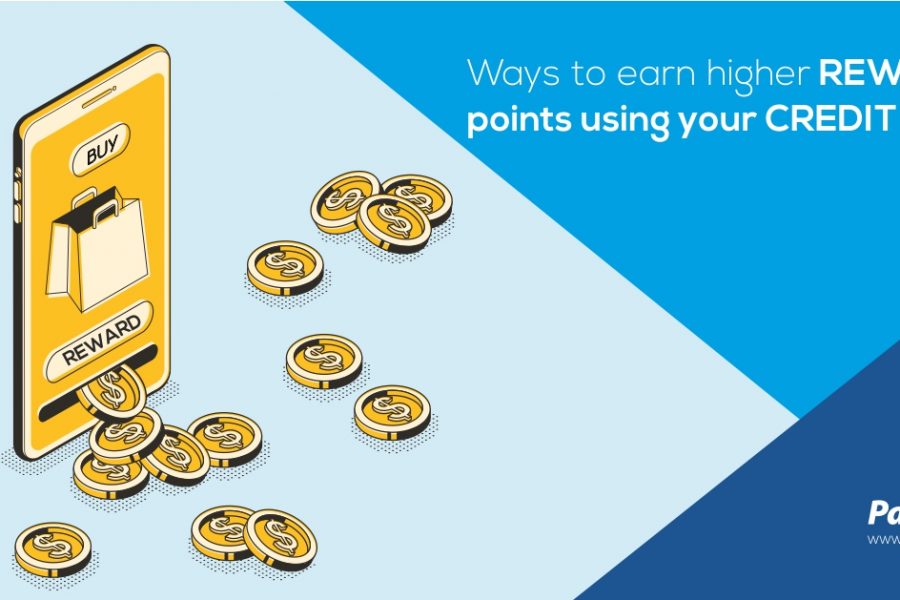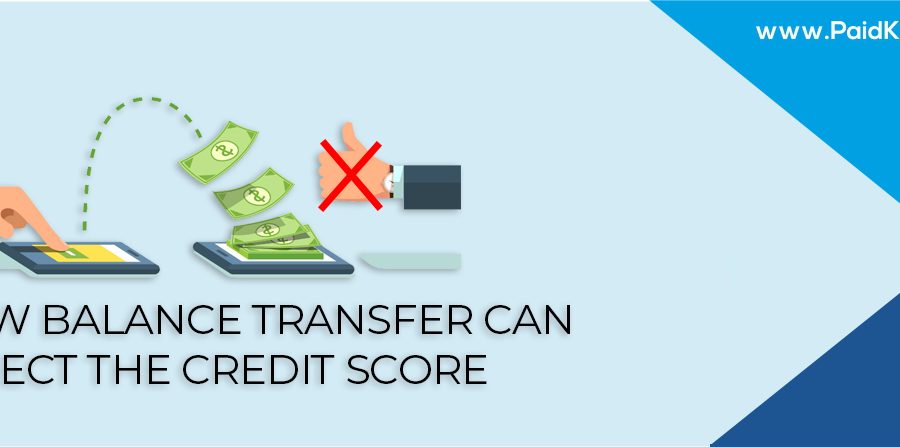With the increase in cybercrime, the credit card information is always at risk. There are a lot of hackers and scammers who are always up to activities to misuse your credit card. You need to be safe and be aware to avoid such mishaps. Here is a brief guide on how you can stay cautious and protect your credit card.
- Keep your cards safe: The first and foremost way of avoiding credit card fraud is to keep it safe from thieves. Placing the cards in your wallets or purse which is close to the body reduces the chances of it being snatched away. While roaming in high traffic areas try carrying smaller purses as they are harder to steal. It is suggested to carry only the credit or debit cards that will be needed for the day. Keeping the other cards at home keeps them safe and reduces the risks. Keeping your credit cards exposed for a long time might lead to thieves taking pictures of them. It is best to avoid it as long as possible. Always remember to check whether you have taken your card after making transactions at restaurants or shopping malls or wherever.
- Do not sign blank credit card receipts: Always check the amount on the receipt before signing it. If you receive a blank receipt, fill up the blank spaces before signing it. Otherwise, there are chances that the cashier could fill in an amount and send it to the issuer.
- Stop share anything that has your credit card number: It can be unsafe to just toss around your credit card billing statements into the dustbin or anywhere else. It is best to shred them as they most contain your credit card number. The same needs to be done with old or expired credit cards.
- Avoid giving out the Credit card information unnecessarily: Never give out your credit card details over calls unless you have initiated the call to resolve any issue. Besides this, you should use the number on the back of the card while calling the credit card issuer’s customer service. Never return calls to a number left on your answering machine or email and text. It is impossible to know whether it is a scammer or not. every careful on calls. Mostly, scammers ask for the information and try to trap you into giving information up. Stay alert as credit card issuers don’t ask for information over random calls.
- Stay safe, online: Avoid clicking on links from anyone looking like your bank or credit card issuer over mails even if they look genuine. These are mostly phishing scams that are looking to extract your information through their fake websites. Be cautious while using your credit card online. Only enter the details on secure websites using genuine and trusted gateways. Always make sure of the genuinity of the websites and then make payments.
- Review statements regularly: Any unauthorized charges on your bill are signs of misuse and credit card fraud. It is important to monitor the statements regularly and to report any unexpected changes no matter how small. Your credit card issuer will guide you through the next steps.
- Report lost cards immediately: Report your stolen or lost credit card as soon as possible so as to ensure that it is blocked before fraudulent charges. Reporting immediately reduces the chances of fraud. Keep the customer service number of your issuer handy in cases of emergency.
- Create strong passwords: Your credit card details often remain stored in several places online. Like shopping services and payment gateways. It is best to create a strong password with a combination of various letters and numbers so that they are difficult to crack. And try keeping the passwords safe as much as possible.
- Check ATM’s and gas stations for scammers: Thieves sometimes place devices for skimming credit cards onto the readers at ATMs and stations. They can capture and store the information and use it later to cause fraud. So be aware and keep a track of such symptoms.
![]()
Credit card to Bank transfer













